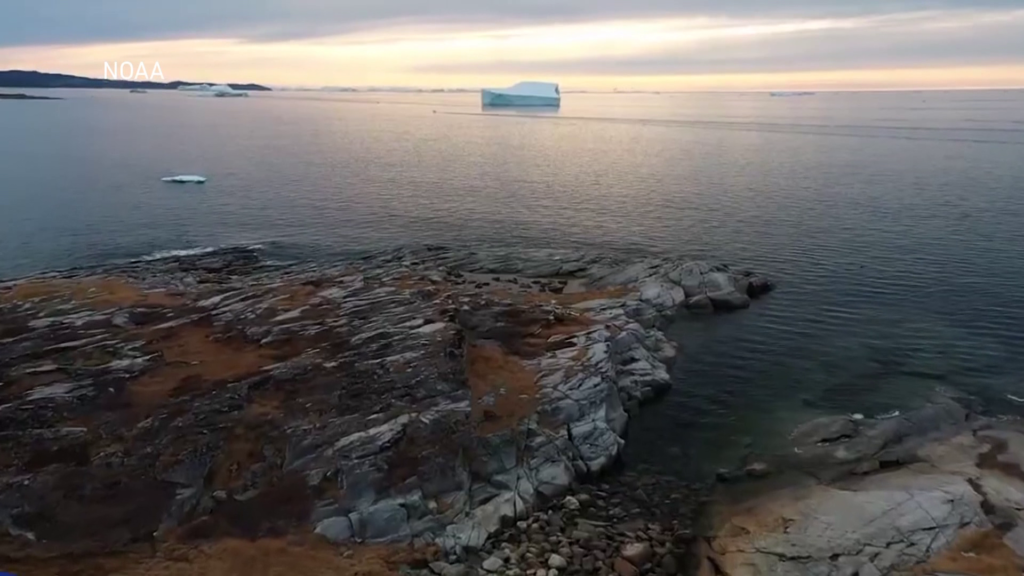WINK NEWS
Just like students get report cards, the Arctic does too. The National Oceanic and Atmospheric Administration, or NOAA, produces an Arctic report card every year, showing how things are going up there.
The Arctic, an area more than 3,000 miles from Southwest Florida, is a landscape quite different from the sunshine and sandy beaches we know.
“Even though we’re so far away from both of the major ice sheets, so the Greenland ice sheet, and also Antarctica, we are some of the first to feel the effects of what’s going on at the poles,” said Dr. Jo Muller, a professor of paleoclimatology in the Water School at FGCU.
Those effects include changes to our waterways, slower storms, and overall temperatures, which raises concerns for Muller.
“Sea level rise is problematic for us because we’re quite close to sea level anyway. So there are certainly areas that are more sensitive to that in Southwest Florida,” Muller said.
NOAA Scientist Doctor Twila Moon believes this year’s report provides another example of climate change.
“This year, we saw continuing rapid warming in the arctic and widespread disturbances, including extreme weather. So we were reporting on the six warmest year across the full Arctic,” said Moon.
It was a year that saw more rain, shifting seasons, less ice, and rapidly intensifying storms like Hurricane Ian.
“What’s more problematic for us in Southwest Florida, in the context of sea level rise, is when you put a storm on top of that,” said Muller.
The Greenland ice sheet has melted rapidly since 1998. In the Arctic, it’s the same story, but Muller says the impacts reach further.
“So when you melt that ice away, it can no longer be reflecting incoming radiation, and therefore, the planet as a whole is going to warm up faster,” Muller said.
Those changes thousands of miles away hit home globally and here in Southwest Florida.
NOAA also found that the Arctic is warming more rapidly than other parts of the globe, changing how storms move. That could lead to wetter storm events or ones that last place longer.
You can learn more about what is in NOAA’s Arctic report card by clicking here.
WINK NEWS

